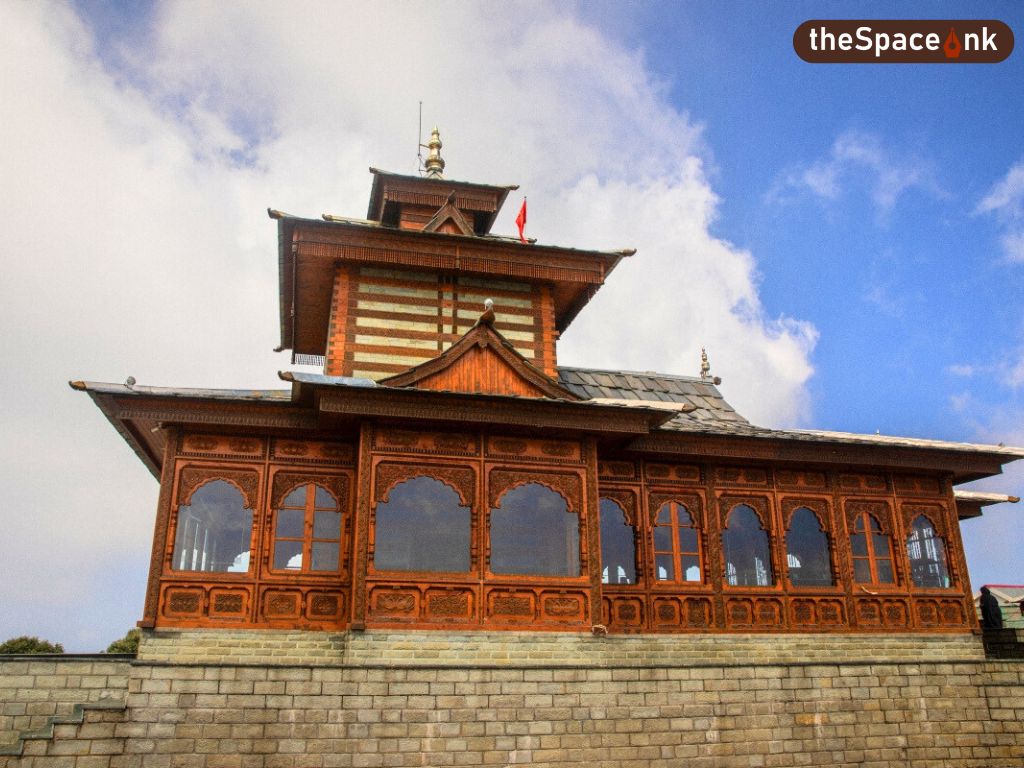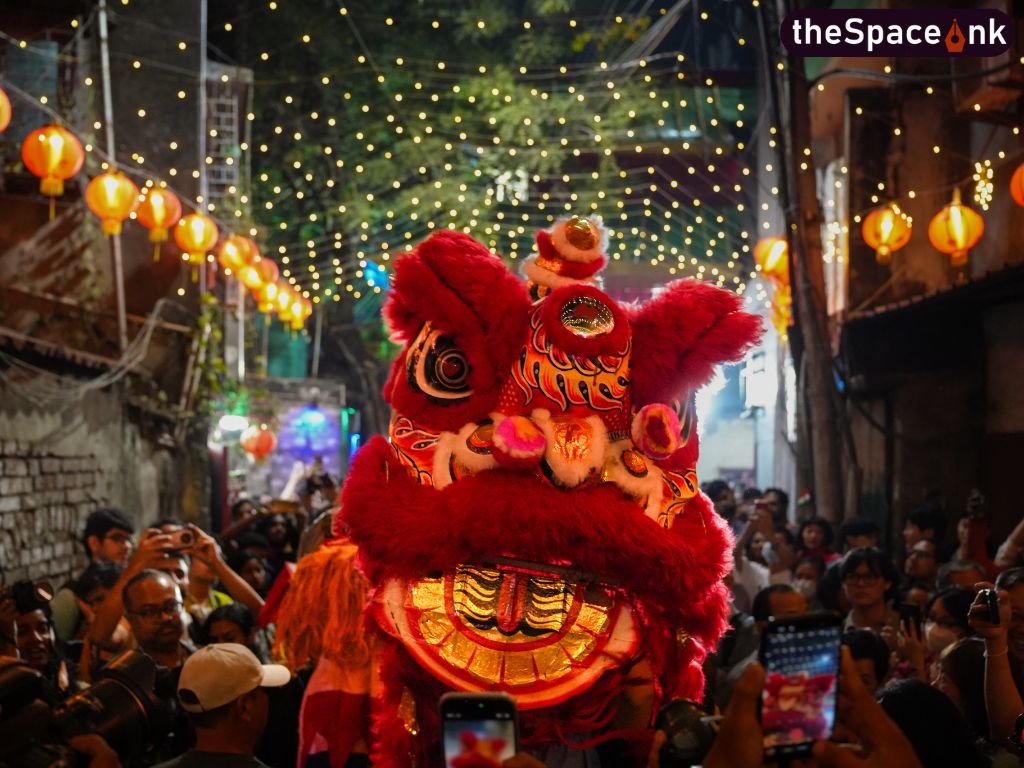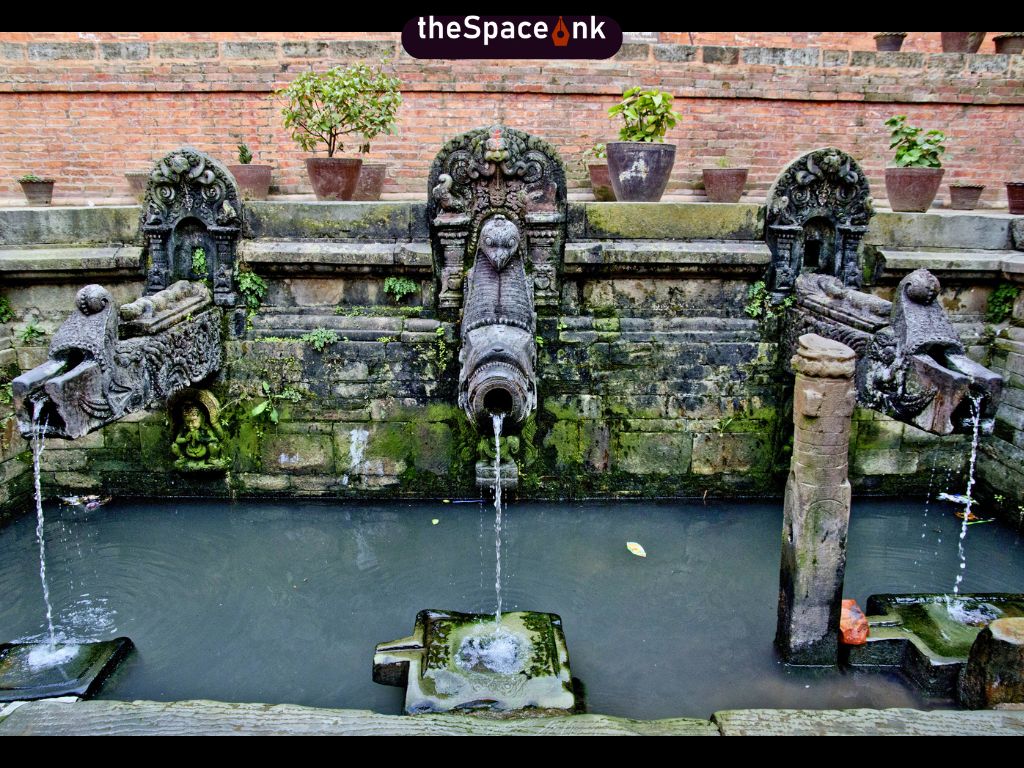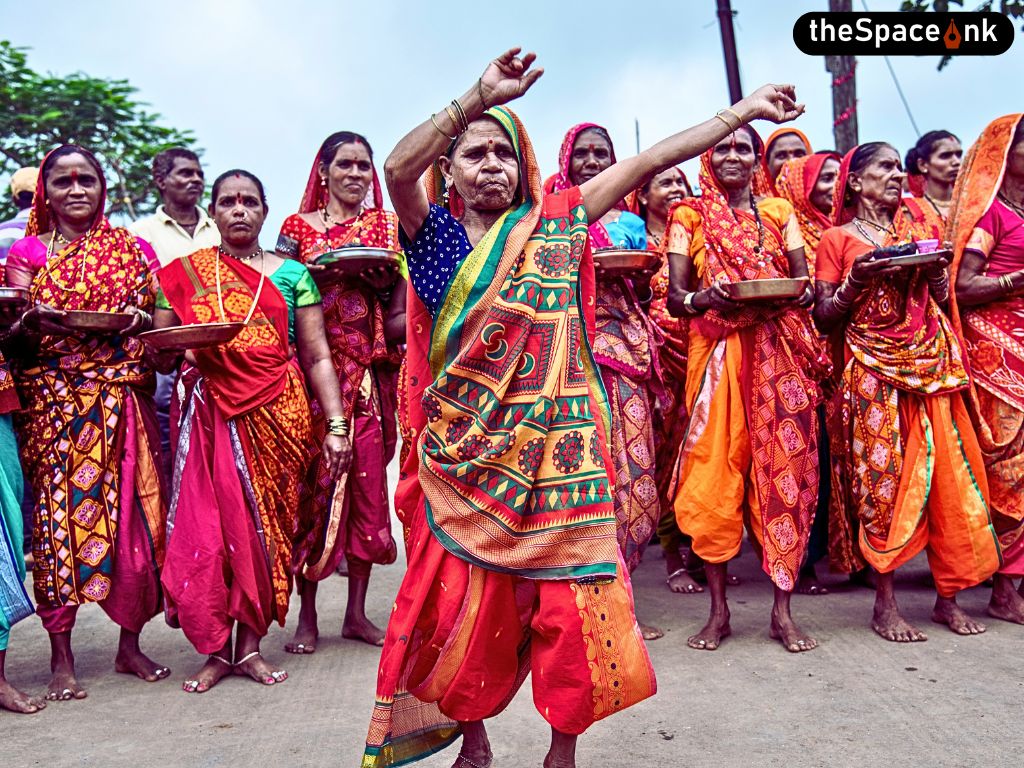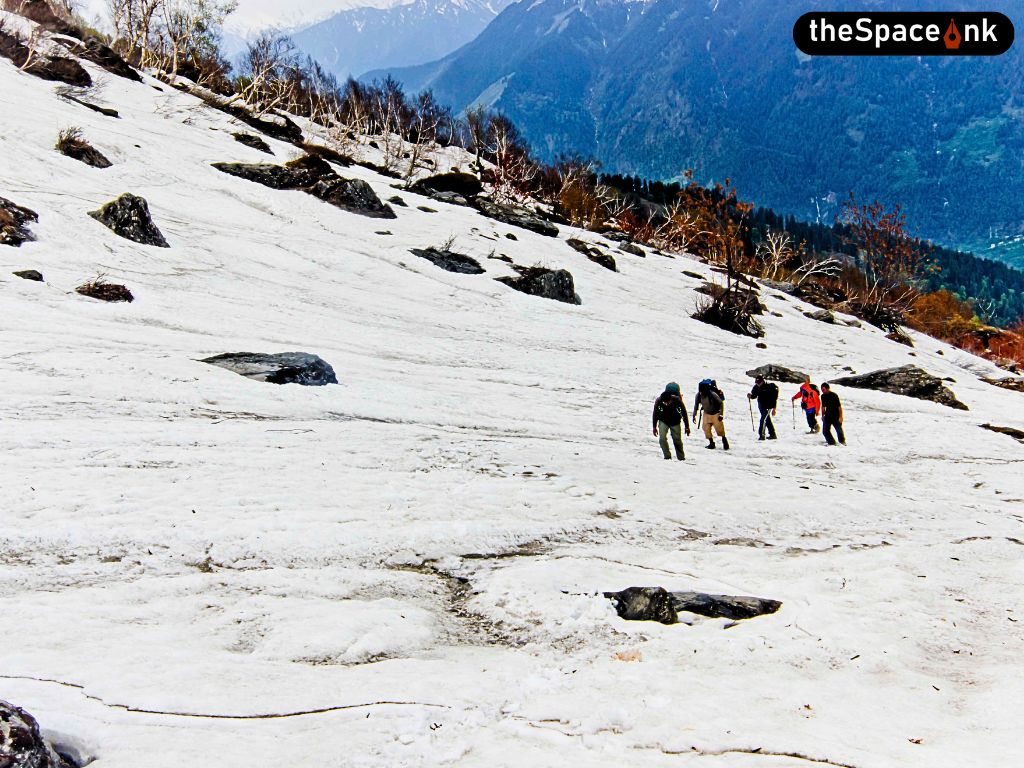(Goddess Kali)
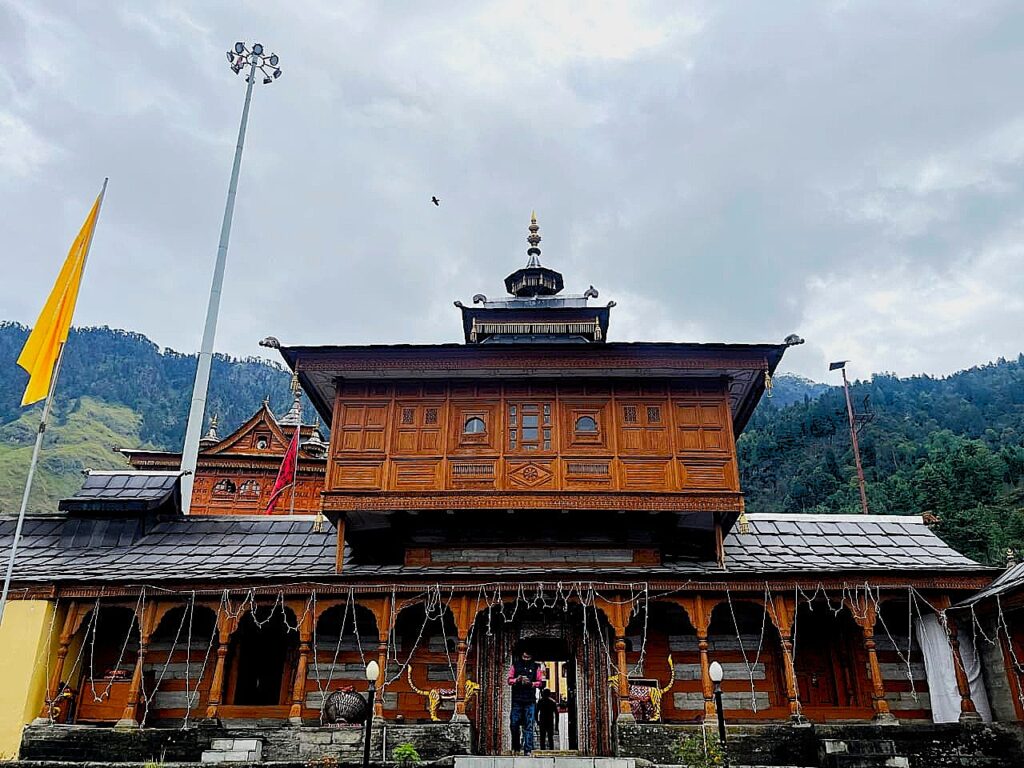
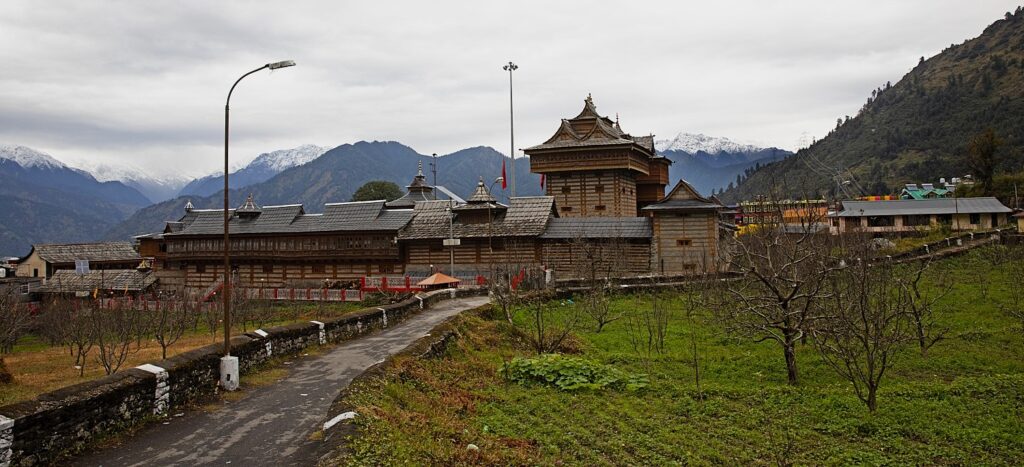
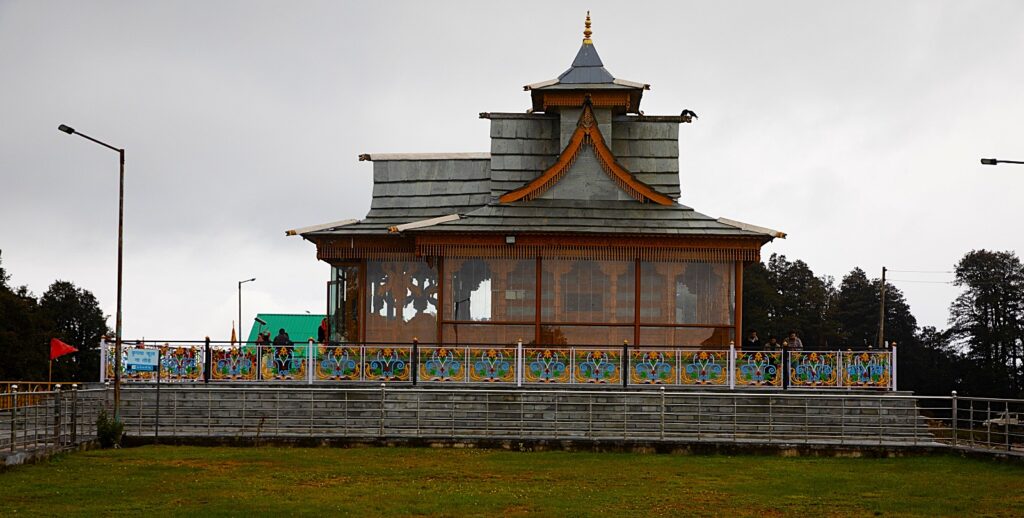
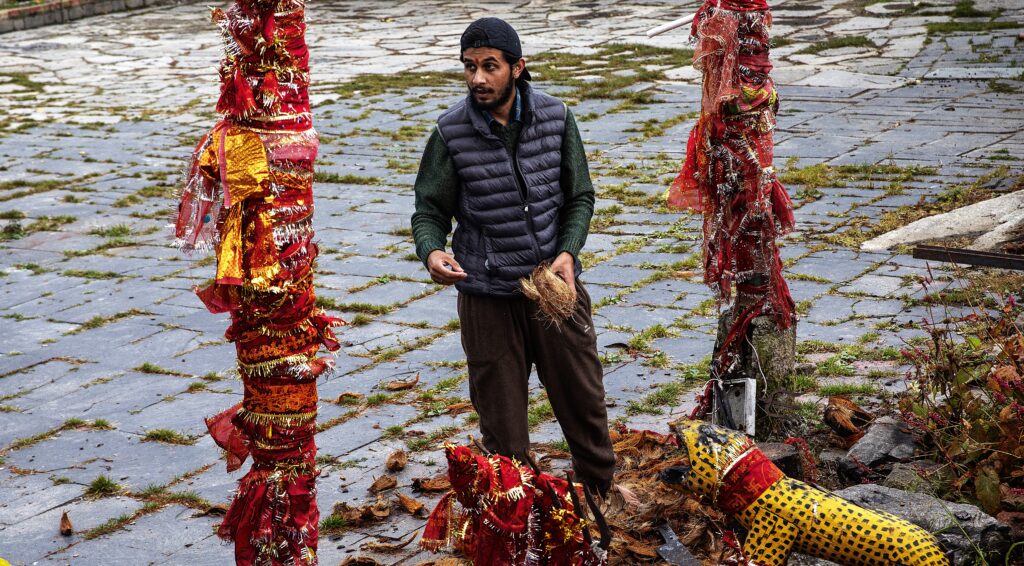
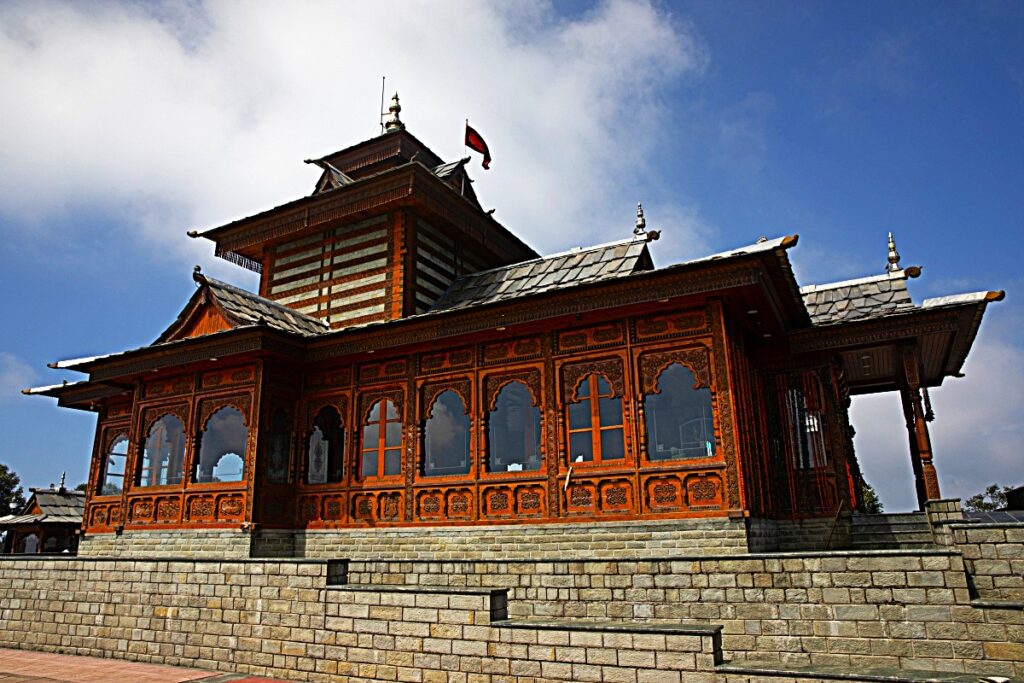
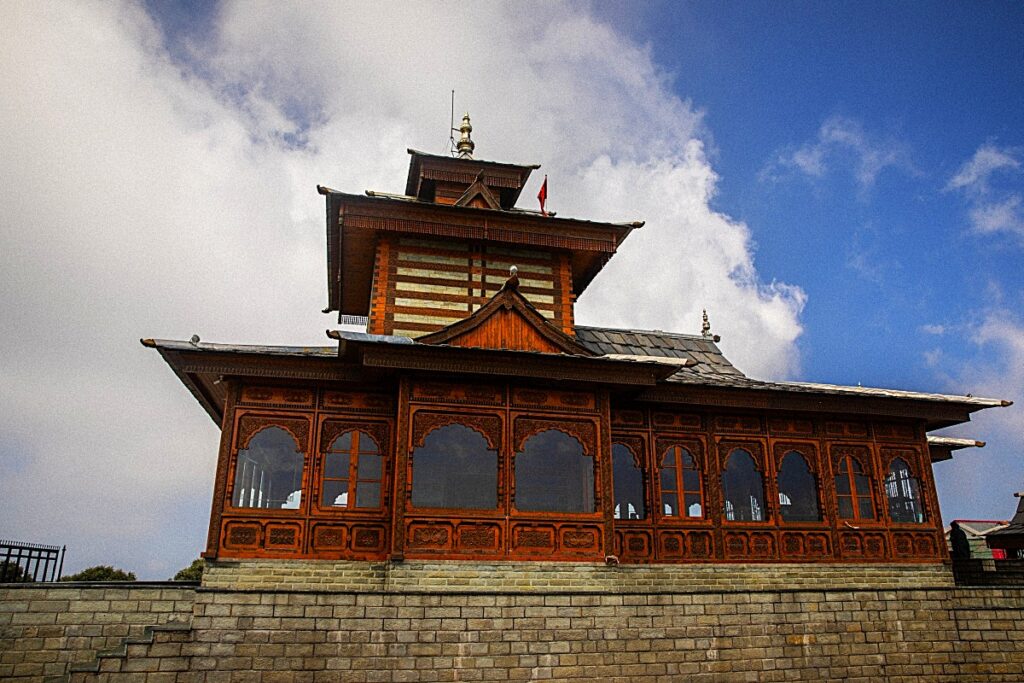
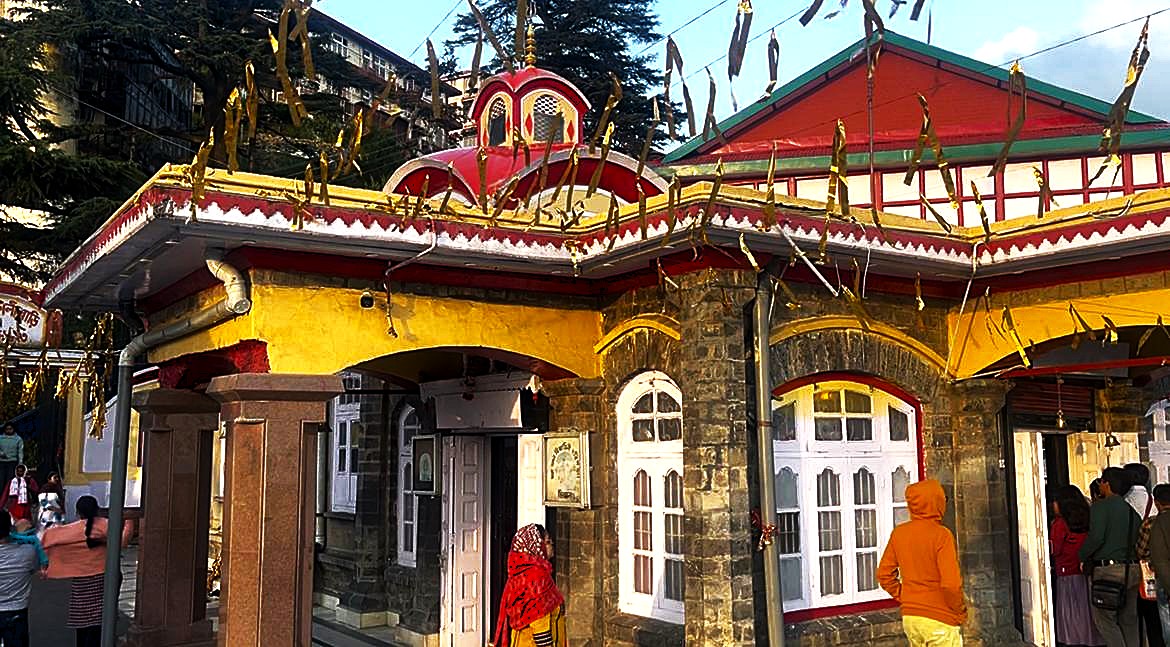
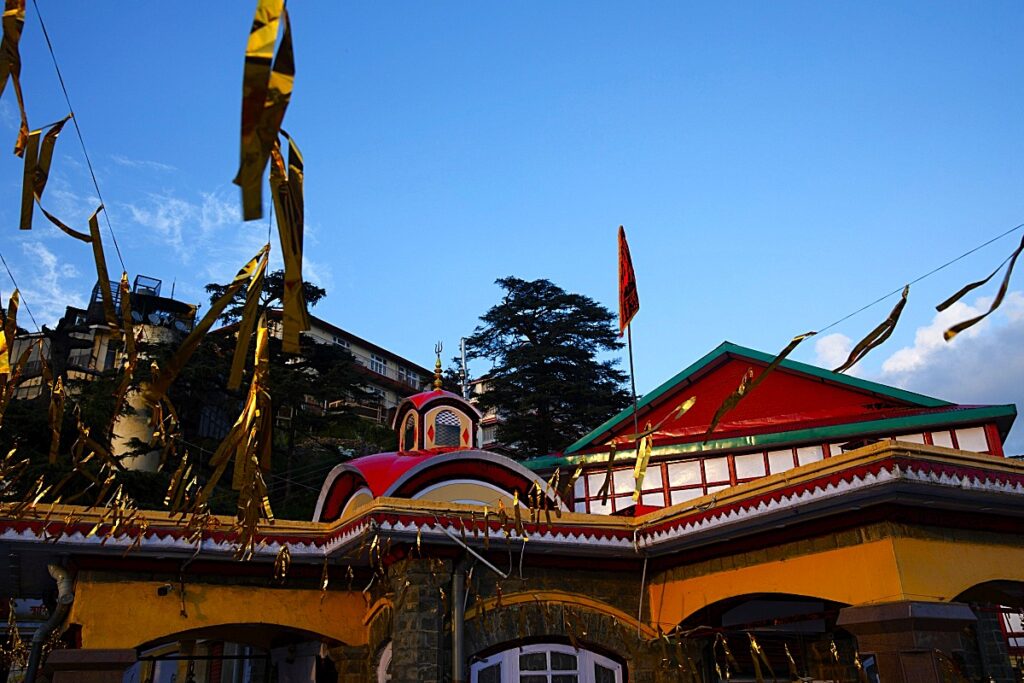
In Himachal Pradesh, the mountains echo with devotion. Here, the mother goddess is worshipped in many forms. On one side stands Lord Mahadev, and on the other, Goddess Kalika — protectors of this divine land. Their temples crown the hills, wrapped in mist and myth.
As you drive from Kalka to Shimla, just before Shoghi, a small road turns upward. Follow it, and you reach the Tara Devi Temple, a jewel of serenity on a hilltop. Built around 1766 by the kings of the Sen dynasty, it still whispers tales of faith. King Bhupendra Sen once dreamt of Goddess Tara, who asked him to build her shrine so that people could receive her blessings. And so, he carved her image in wood and placed it on this sacred hill.
Inside the temple, Goddess Tara sits surrounded by Maa Kali, Maa Saraswati, and Maa Bhagwati. Every devotee is welcomed with kindness — and a warm meal. The temple’s Langar is famous far and wide. First comes the sweet, then rice, dal, and curry — simple food that fills both body and soul.
A little higher in Shimla stands the Kali Bari Temple, built in 1823 by a Bengali monk, Ram Charan Brahmachari. The goddess here, painted in blue, watches over the city from Bantony Hill. The British once shifted her from Jakhoo Hill, but her presence never faded. The temple’s wooden architecture follows the traditional char chala pattern — a reminder of Bengal’s artistic roots meeting the Himalayan air. (Goddess Kali)
Photostory: Kumortuli in Kolkata
Further ahead, past Narkanda, the winding road leads to Hatu Peak. At its summit stands Hatu Mata Temple, where it is said the Pandavas once rested during exile. They built this shrine for Goddess Durga, blending Hindu and Buddhist styles into one sacred harmony. The journey uphill feels like stepping into legend. (Goddess Kali)
And finally, in Sarahan, stands the breathtaking Bhimakali Temple — one of Himachal’s greatest treasures. With Mount Kailash as its backdrop, it is a temple you can gaze at for hours. Myth says this land was once ruled by the demon Banasura, defeated by Lord Krishna himself. His head is believed to lie buried near the entrance.
Built in the kath-kuni style of wood and stone, the temple glows with golden light. Before entering, devotees leave behind their shoes, wallets, and cameras — and wear the traditional Himachali cap as a mark of respect.
In these temples of Himachal, devotion flows like the mountain streams — calm, ancient, and eternal.
(Goddess Kali)
By day, Amlan Chakraborty a technical architect in IT; by passion, he's an explorer, travel writer and photographer. During his travels, he savors the journey on foot or via public transport, immersing himself in the local culture at street food joints and book corners. Through his lens, he captures and shares the essence of nature, humanity, and cultural and socio-political moments.


